- Tags:
- Business / investment / Japanese economy / sōgō shōsha / Warren Buffet
Related Article
-
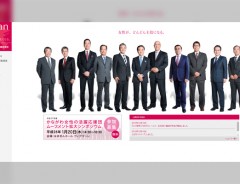
Japanese Initiative To Create Equal Opportunity For Working Women Pictures Only Men In Main Ad
-
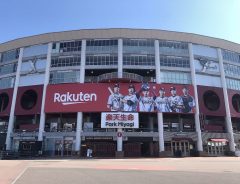
Will the 2020s be a decade of entrepreneurship in Japan?
-

How The Japanese Economic Miracle Came to an End
-

This bag lets you switch from work or school to supporting your favorite character or idol
-
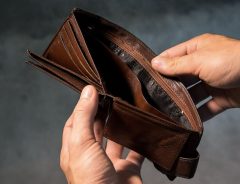
Bonuses Down and Paycuts a Must in Pandemic-slammed Japan
-
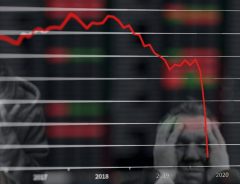
With Its Economy Hit Hard A V-shaped Recovery in Japan Seems Unlikely
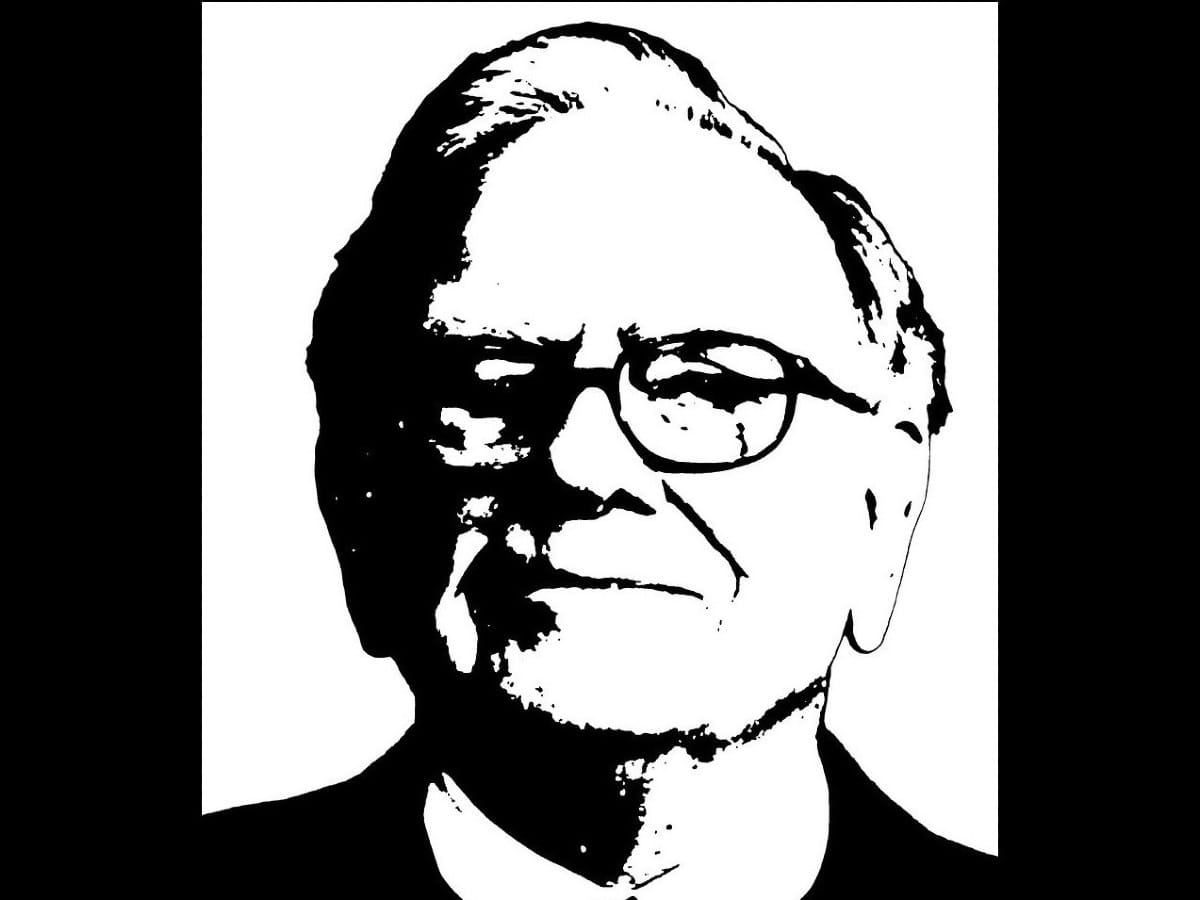


Japan’s economy appears to be in rough shape.
The bad news is that the East Asian country logged its largest drop in GDP, 27.8 percent annualized, since WWII in the second quarter of 2020. The Bank of Japan has fallen under criticism for overseeing stagnant wages and a deflationary monetary environment woefully short of its two percent inflation target. While the country considers digitizing its currency, anxious consumers are hoarding cash, simultaneously slamming domestic demand and eschewing other investments.
The good news? The rest of the world may be worse off.
Take America, for example, where unprecedented monetary policy is giving seasoned investors pause. Stanley Druckenmiller, former portfolio manager under George Soros, recently claimed Federal Reserve policy has led to “an absolute raging mania” in the stock market. The billionaire hedge fund manager further claimed that an extreme inflation—or deflation—event could be looming on the horizon.
This is likely the reasoning behind the recent rally in assets like gold, which are typically viewed as a safe-havens against unsavory market forces. Yet, as the commodity becomes potentially overbought, businesses in Japan may serve as an alternative hedge for foreign investors. Owing to their fortified balance sheets, sōgō shōsha 総合商社, Japanese general trading companies, have recently attracted the attention of legendary investor Warren Buffett as he seeks to diversify away from the American financial system.
Warren Buffett
Known as the “Sage of Omaha,” Warren Buffett is likely the most celebrated investor in modern times. With a net worth over $78 billion, the 90-year-old tycoon is also well-known for his philanthropy will the Bill and Melinda Gates Foundation.
Despite his prestige, Buffett has received criticism in recent years. His investing company, Berkshire Hathaway, began stockpiling cash in 2016, putting about $128 billion on the sidelines by March, 2020. The move indicated that, despite evangelizing the American stock market, the Omaha native experienced a crisis of confidence. He also originally made few purchases during the March economic downturn, eventually flip-flopping on gold in August.
Nevertheless, Buffett surprised commentators in September 2019 when he purchased a record $4 billion of Japanese bonds, the largest move ever by a non-Japanese purchaser. The investment naturally sparked speculation that the tycoon was eyeing foreign investments. Recently, he pulled the trigger.
Sōgō Shōsha
In late August, Buffett announced that Berkshire Hathaway had acquired a five percent stake in the five leading sōgō shōsha, general trading companies, in Japan. The share purchases, roughly worth $6 billion, occurred over 12 months through the Tokyo Stock Exchange.
As dividend-paying companies, sōgō shōsha offer wide exposure to imports entering Japan. Existing in a resource-poor country, these multinational conglomerates were pivotal in developing international trade in Japan via government coordination. They largely control the international trading network while simultaneously playing a significant role in marketing and finance. These companies also participate in joint ventures abroad while helping domestic companies with foreign transactions. As such, they are sensitive to international economic forces despite being well-connected domestically.
Specifically, Buffett bought shares in:
These companies offer significant dividends while maintaining healthy revenue streams and profit margins.
Behind the Decision
Despite the economic importance of sōgō shōsha, Buffett’s move reportedly surprised analysts. Owing to the recent weakness of the Japanese economy, general trading companies are not typically seen as strong investments. Furthermore, their increasing international exposure has made them more sensitive to global downturns like the Great Financial Crisis of 2007.
Nevertheless, the Japanese stock market is widely seen as cheap. As US-China tensions heat up, the island nation may be poised to benefit. According to Takuji Okubo, director for North Asia at The Economist Corporate Network, the country is “on track to recovery,” perhaps hinting at higher valuations in the medium term.
Furthermore, Japanese companies have strong balance sheets owing to a cultural propensity to save for "rainy days." This fortitude will likely insulate institutions against global downturns while ensuring that investment yields are protected. Yunosuke Ikeda, chief equity strategist at Nomura Securities Co., also noted that the government "hasn't changed its stance" on better corporate governance. This position will make it more difficult for Japanese companies to cut dividends, especially when compared to their western counterparts.
Overall, Buffett is likely seeking international exposure during uncertain times in the American economy. His investment is assuredly long-term and part of a wider strategy. Still, the low share price and strong dividend returns of sōgō shōsha likely make them attractive to investors unable to find fixed income yields in their home countries. Amid falling dividends, rock-bottom interest rates also allow investors to borrow cheaply as they invest abroad. As such, Japan's safe-haven status appears to offer Buffett peace of mind at bargain prices.